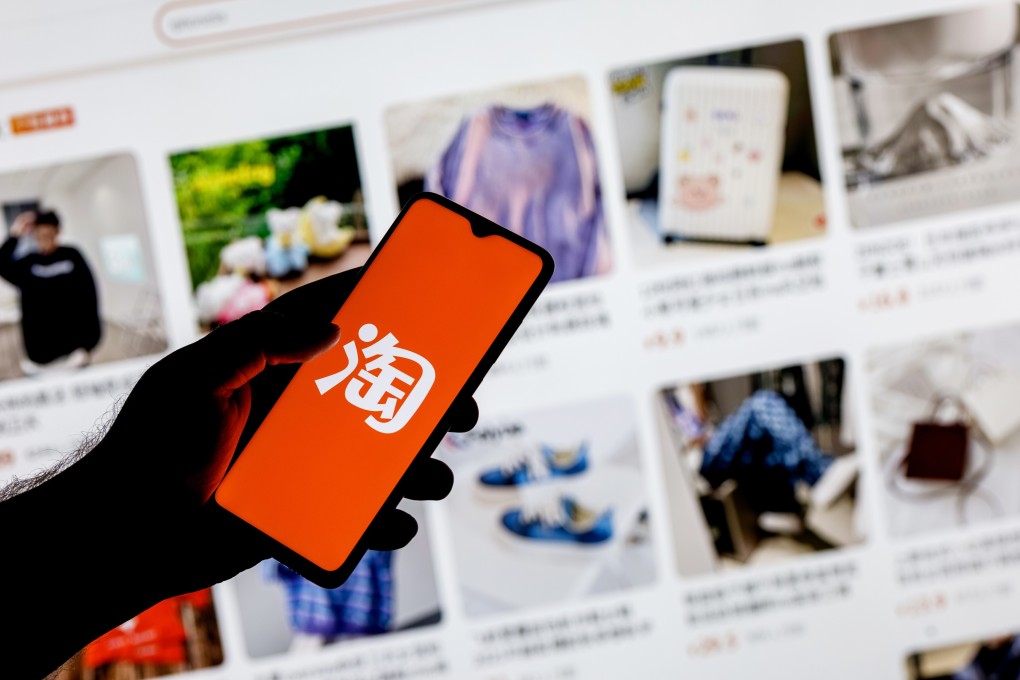Advertisement
Latest Alibaba leadership reshuffle set to make China’s largest e-commerce market more tech-focused, analysts say
- Alibaba’s Taobao and cloud units will directly answer to the conglomerate’s CEO, Eddie Wu, as the tech giant seeks to take on budget-focused PDD
- While grappling with low consumer spending, Alibaba has undergone drastic changes in 2023 amid a corporate restructuring and multiple leadership changes
Reading Time:2 minutes
Why you can trust SCMP

Ben Jiangin Beijing
Alibaba Group Holding’s decision to put its e-commerce and cloud units under a single chief executive is set to make China’s largest online market more technology-driven and consumer-oriented as it seeks to fend off rising competition, according to analysts.
Alibaba, owner of the South China Morning Post, on Wednesday named Eddie Wu Yongming, the co-founder who is already CEO of the conglomerate and its cloud unit, as head of the Taobao and Tmall Group (TTG), the tech giant’s key revenue driver. He replaced Trudy Dai Shan, another Alibaba co-founder.
The change pushes Wu, a long-time aide of company co-founder Jack Ma, to the front line of defending the company’s dominant e-commerce position at a time when its smaller rival PDD Holdings has shown strong growth momentum. In his first letter to employees after taking over as Alibaba Group CEO in September, Wu wrote that the company will sharpen its focus on being more “artificial intelligence-driven” and putting “users first”.
Wu’s more expansive role, along with the expected promotions of a young generation of executives, will make it easier for Alibaba to embrace consumer-oriented operations and AI applications in its competition with PDD, which runs Pinduoduo in China and Temu overseas, analysts said.
Advertisement
Li Chengdong, founder and chief analyst at e-commerce consultancy Dolphin, said Alibaba has “blurred” its focus on e-commerce in recent years as it evolved into a sprawling business empire across a variety of sectors, opening the door to its more budget-focused rival Pinduoduo, which is known for cut-to-the-bone deals.
“Alibaba is facing fierce competition from Pinduoduo, and the stakes are very high, especially from the loss of users to its rival”, Li said.
Advertisement
But Wu’s background could help make Alibaba’s e-commerce operations more technology-driven, according to Wang Xiaoyan, an analyst at market consultancy 86Research.
Advertisement
Select Voice
Choose your listening speed
Get through articles 2x faster
1.25x
250 WPM
Slow
Average
Fast
1.25x